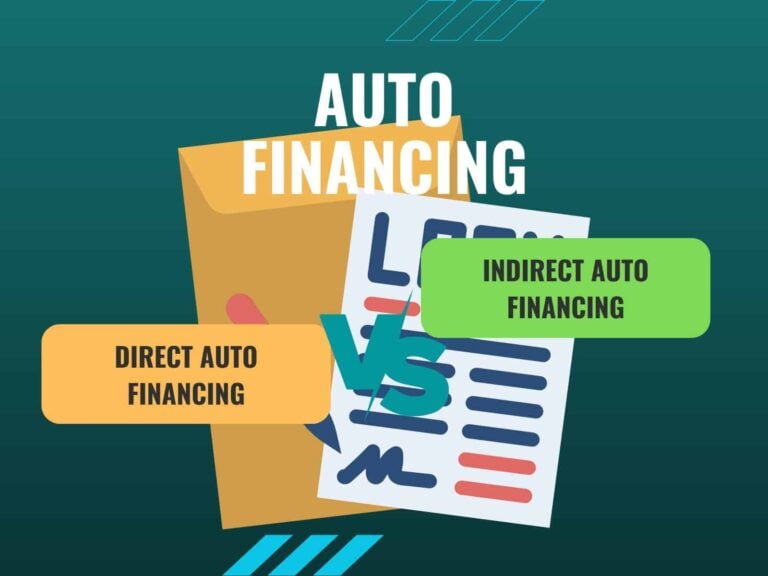Michigan Debt Settlement
Michigan is home to 9,883,635 residents and ranks tenth in population within the United States while covering an area of 96,716 square miles that places it eleventh in terms of geographic size.
This results in a population density of 174 residents per square mile that ranks the state seventeenth in the nation. The city of Lansing is Michigan’s state capital, while Detroit is the state’s largest city and home to the country’s three major automobile companies. Of note, the domestic auto industry accounts directly or indirectly for approximately 10% of all jobs within the United States. In addition to automotive, important industries to the Michigan economy include manufacturing, agriculture, forestry, services, technology and tourism.

In fact, Metro Detroit is host to over 15 million visitors each year, while the state’s Upper Peninsula, with its abundance of natural resources, is another important contributor to tourism. Tourists spend roughly $17 billion each year in Michigan, with popular tourist areas including Frankenmuth and Grand Traverse Bay. Within agriculture, Michigan is a major producer of several fruits that include blueberries, cherries, apples, grapes and peaches. The state is also the nation’s third-highest grower of Christmas trees, with over 60,000 acres dedicated to Christmas tree farming.
Michigan typically ranks third or fourth each year in the nation in total research and development expenditures – due in large part to the automotive industry – with this figure comprising a higher percentage of total gross state product than for any other state. Michigan’s leading research institutions include The University of Michigan, Michigan State University and Wayne State University.
According to the St. Louis Fed, Total Gross State Product for Michigan in 2019 came in at $541.5 billion, ranking the state fifteenth in the nation. Besides automobiles, other important goods and services to the Michigan economy include food products, information technology, aerospace and military equipment, as well as copper mining and iron ore mining.
Over one hundred years ago, the beverage companies Vernors and Faygo were each founded in Michigan, as were more recently two of the nation’s leading pizza companies – Domino’s and Little Caesar’s – both of which remain headquartered in Michigan. The state is also an important source of engineering jobs, and ranks third in the number of engineering graduates each year.
Michigan maintains a strong commitment to education, as its schools and colleges consistently rank among the nation’s best. Michigan’s 2018 median household income level of $54,938 checked in 11.3% lower than the national median household income level of $61,937.
Michigan Economic and Debt Statistics
Michigan Economic and Debt Statistics
Michigan Residents and Debt Settlement
If you are a resident of Michigan and are currently burdened by high levels of unsecured debt – including credit card accounts, private student loans, unpaid medical bills and personal loans – the process of pursuing debt settlement may make sense for you.
Debt settlement occurs when a debtor successfully negotiates a payoff amount for less than the total balance owed on a debt. This lower amount is agreed to by the creditor or collection agency and is fully documented in writing. Ideally, this lower negotiated amount is paid off in one lump sum, but it can be paid off over time. Though creditors are under no legal obligation to accept debt settlement offers, negotiating and paying lower amounts to settle debts is far more common than many people realize.
Michigan Consumer Debt Laws
Credit Card companies and other creditors are permitted to contact Michigan residents directly regarding debts, particularly in a situation involving delinquent payments. However, debt collection agencies are required to comply with the the Federal Fair Debt Collection Practices Act (FDCPA), and are therefore prohibited from taking certain actions.
Under the FDCPA, collection agencies are prohibited from informing employers about a debt or attempting to collect a fee in excess of any debt owed. Debt collection agencies are also prohibited from communicating in a manner that simulates a judicial process or gives the appearance of a governmental action. Additionally, debt collection agencies are prohibited from contacting debtors or debtor family members at unusual hours or with a frequency that may be reasonably construed under the law as harassment or abuse.
Michigan supplements the FDCPA with laws that protect consumers from abusive debt collection practices. Debt collectors are prohibited from engaging in misleading or deceptive communications, misrepresenting themselves as an attorney or credit bureau, unlawful threats, simulating a legal process, and other harassing or oppressive methods. The statute authorizes private remedies for up to $150 plus attorney’s fees for willful violation. Michigan law also stipulates that any debt collector within the state of Michigan must be licensed to collect debt in the state.


Michigan Statute of Limitations on Debt Collection
When sufficient time passes in a situation in which consumer debts have gone unpaid, a debt collector can lose the legal right to sue for non-payment. In Michigan, the statute of limitations on debt collection is six years for open credit card accounts, six years for oral contracts, six years for written contracts, and six years for promissory notes.
For any time period, the clock begins ticking from the “date of default,” which is typically thirty days after the last payment was actually made. When debts remain unpaid prior to the statute time period elapsing in full, creditors maintain legal right to sue you for non-payment and are permitted to engage debt collection agencies who can make persistent attempts at collection – provided they remain within the bounds of the MIchigan debt laws and the FDCPA.
Debt Settlement - Do It Yourself?
Getting out of debt is never an easy process. If debt settlement is the right avenue for you to pursue, be honest with yourself. Decide whether you possess the background, strength and fortitude to negotiate directly with creditors yourself – or whether engaging the services of an experienced and reputable debt settlement company will serve your needs best.
Remember, the goal is to save the greatest amount of money and time while minimizing any ensuing damage to your credit score and profile. A reputable debt settlement company will provide a realistic estimate and time frame for making offers to your creditors that can ultimately result in settlements that save you significant amounts of money, time, and aggravation.
Contact us here at United Settlement, where our experienced credit counselors possess relationships with the major credit card lenders and a broad understanding of the debt marketplace. We can help you navigate these waters successfully.
Debt Resources & Additional Reading
Additional Related Insights & Articles







Debt Relief Reviews

Ready To Get Started?
See if you qualify for debt relief. Get a Free savings estimate to see how quickly you can be debt free.
Embrace financial freedom with our tailored solutions, expert guidance, and unwavering commitment to your success.
Experienced Professionals
Our experienced team has helped thousands of clients successfully eliminate debt and regain financial freedom.
Customized Solutions
We know every financial situation is different, so we design personalized debt relief plans to fit your specific needs and goals.
High Success Rate
Our proven debt relief strategies deliver real results. With a strong track record of success, we help clients achieve lasting financial stability.
Confidential Consultation
Your privacy is our priority. All debt relief consultations are 100% confidential and handled with the highest level of discretion.



